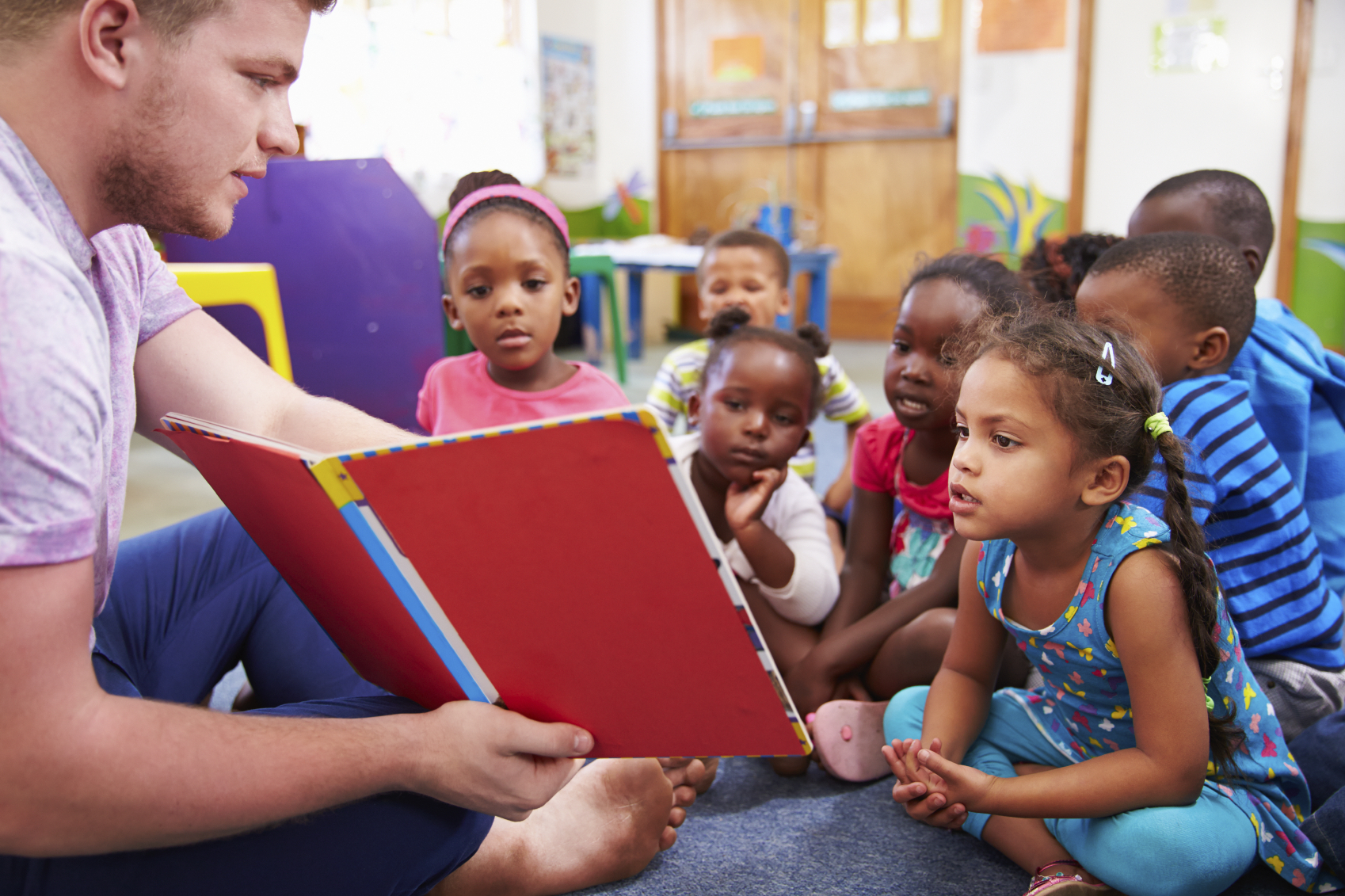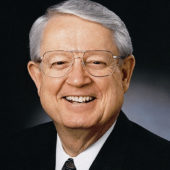The word philanthropy is often associated with money. However, as Christians, we are called to be generous with our money as well as our time.
Karl Zinmeister of the Philanthropy Roundtable discusses the power of a personal touch when volunteering our time and money to help the least of these.
“If everyone does the same thing, you know, you work in your back yard and I work in my back yard, that aggregates together into this mighty river of effort. It really does change the world.”
So often, we fall into the trap of believing that if we can’t do something “big” and impactful on a grandiose scale, then it isn’t worth doing anything at all. Surprising results can stem from volunteering even on a small scale.
Many people think they don’t need to volunteer because that’s what government assistance programs are for. However, individuals who volunteer are able to give the needy something the government can’t.
“What often happens with charity, which rarely happens in government helping programs, is that you have a human connection, you have a relationship that builds up, and you have a friendship, some trust, mentoring, teamwork, and kindness.”
This personal connection between human beings is the key to helping someone who is struggling due to life circumstances. It doesn’t help to just throw money at them every month.
“You have some moral lessons transferred, that makes a difference in the recipient’s life and as I say, it’s very hard, almost impossible to do that in government programs.”
More often than not, private philanthropy is the type of generosity that has a lasting impact on lives.
“It’s often what really changes a heart or behavioral pattern that has been destructive.”
Mother Theresa once said that she never thinks about groups, she only thinks about individuals.
“That’s true about most good philanthropy, it’s not a matter of preference, you have a different prescription and approach when you look hard at a real person, as opposed to saying, ‘well that’s a recently released prisoner and he needs X, Y, Z’ or the welfare mom and she needs B or C.”
Instead of putting people into groups that and taking an impersonal approach to helping them, Karl suggests a different tactic.
“You approach a person as an individual and you look at what their strengths and weaknesses are and you tend to have a different set of prescriptions. That’s what makes real grassroots case by case philanthropy so much more effective in many cases then the more anonymous help of writing a check.”




















